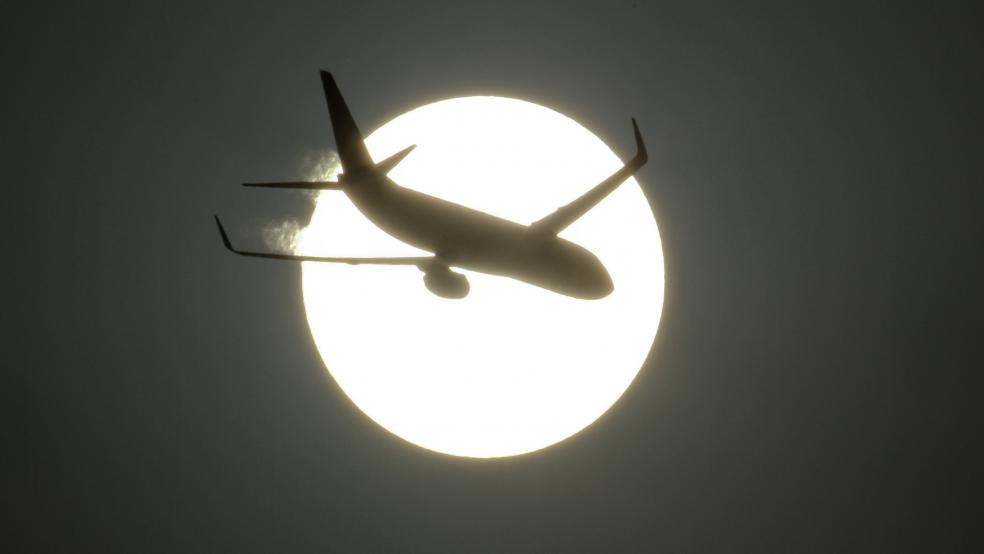As if flying weren’t irritating enough already – with rising airfares and stringent security policies – now there’s a shortage of commercial pilots on the horizon, which could result in air service shutdowns at smaller regional airports.
More than 20,000 cockpit seats are expected to be available at U.S. airlines over the next seven years due to FAA-mandated age-65 retirements, Aviation Week reported Monday.
Related: 11 Outrageous Items Confiscated by the TSA in 2014
Regional pilots, who tend to have lower wages, typically take the cockpit seats at major U.S. airlines for significantly higher salaries. Newly graduated pilots in turn replace them. Here’s the problem with this picture, said Aviation Week: Too few are choosing careers in the cockpit.
The shortage is already affecting regional airlines, with fewer flight options for travelers.
American airports of all sizes have been suffering flight cuts in recent years due to the growing pilot shortage, the Regional Airline Association said in a September press release. Some cuts have been as high as 81 percent.
Some cities already down 10 percent or more of their scheduled airline departures include Cleveland, Memphis, Louisville and Tallahassee. But the impact might lead to some smaller U.S. cities losing air service altogether, according to Aviation Week.
Related: 6 Sneaky Fees That Are Making Airlines a Bundle
Reasons for the pilot plight vary. One is that fewer military pilots are joining commercial airlines after their military service: The compensation is less attractive and work schedules are busier. The military has also dramatically reduced its need for pilots and pilot training – except for drone pilots, who are in high demand.
“Transport pilots and helicopter pilots stay in the military for 20 years to hit retirement so they have something secure before considering the airlines – which they view as not secure because of what airlines have done to pilots’ retirement accounts in almost every round of bankruptcy filings,” said Mary Schiavo, former inspector general for the Dept. of Transportation and today an attorney
Fewer people are also joining pilot school, deterred by lower starting salaries and pension cuts.
As the Air Line Pilots Association put it in an article last year, “There is … a shortage of qualified pilots willing to fly for substandard wages and inadequate benefits.”
Related: How Toxic Fumes on Airplanes Can Impact Your Health
Schiavo also noted that many pilots are taking work in other countries at a premium.
To address the pilot shortage, some have suggested the FAA reassess its strict 1,500-hour flying requirement to become a pilot. Others say college graduates could acquire hours as flight instructors on an airline’s payroll – or that regional and major airlines could partner to offer scholarships in return for service commitments to flying for them both.
For now, Americans will have to get used to fewer options when traveling and most likely longer layovers. They can also start dreaming of a pilotless plane.
Top Reads from The Fiscal Times:
- You’ll Never Believe Who’s Abusing Heroin Most
- 10 Surprising Tax Deductions in 2015
- Americans’ 401(k) Totals Just Reached a New Record. Don’t Celebrate Yet…





